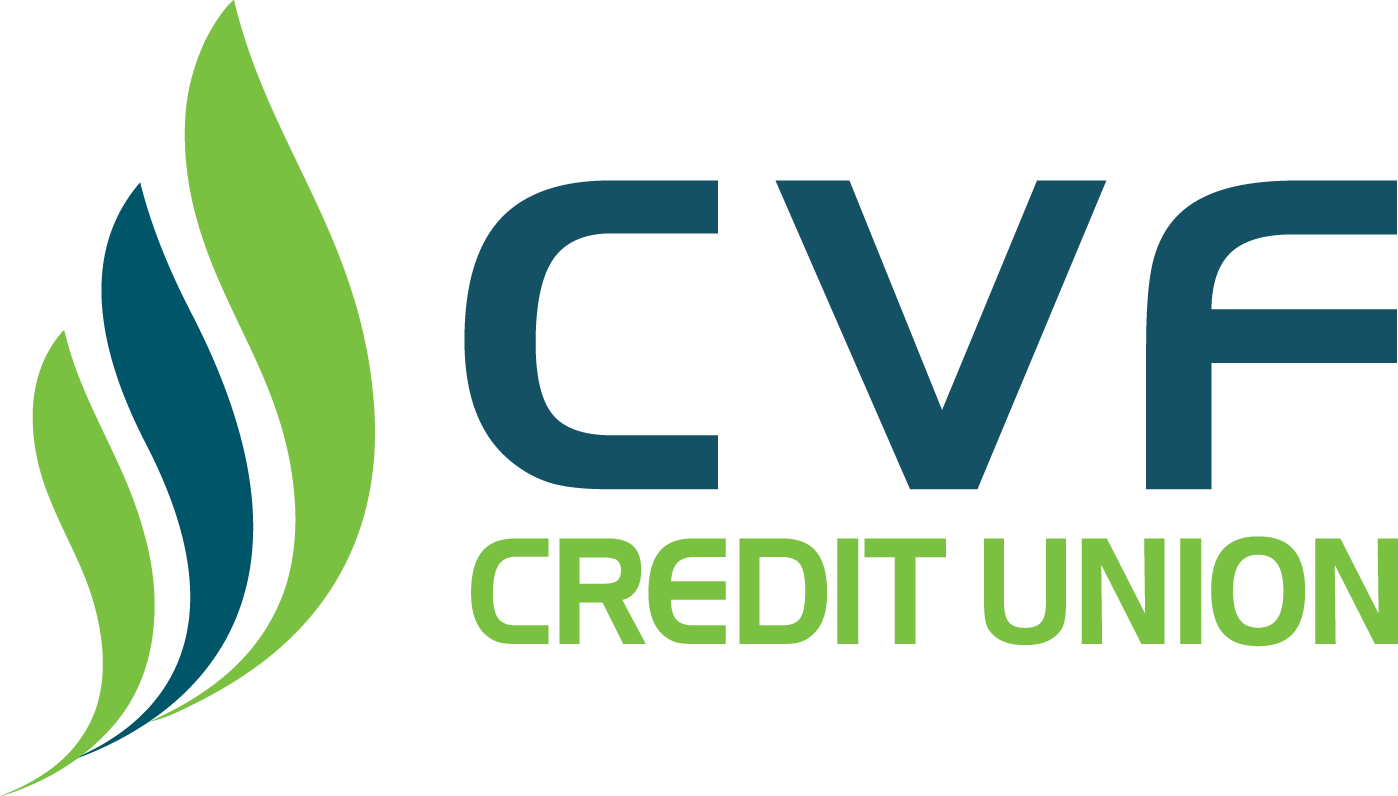
Common Questions About Credit Reports And Credit Counseling Answered
Credit reports are one way that creditors make lending decisions. These reports contain information about you and your borrowing history.
This article will cover what a credit report is and why it’s important. We’ll also look at the different types of credit counseling services.
What Is A Credit Report And Why Is It Important?
A credit report is a record of your credit history.
This report includes information about your debts, payment history, and other financial information.
Why are credit reports important?
Credit reporting agencies use this information to generate a credit score. Lenders use this score often as it’s proof of your creditworthiness.
A great credit score can help you qualify for favorable loan terms. While a poor credit score may result in higher interest rates and less favorable loan terms.
What is Credit Counseling?
Credit counseling is a service that helps consumers interpret their credit reports. The best credit counseling services help you develop a plan to improve your credit standing.
Counselors also work with creditors to negotiate lower interest rates and wave fees.
How are credit counselors different from debt settlement agencies?
Debt settlement agencies are another service that can help you pay off debt. They also negotiate with creditors to pay off your debts for less than the full amount owed.
You will pay the debt settlement agency a lump sum of money, and they will then use it to pay off your debts.
If you can make your monthly payments on time and in full, then debt settlement is probably not right for you.
Talk to a reliable financial advisor before making any decisions about debt settlement.
4 Common Questions About Credit Reports And Credit Counseling
Here are some of your common questions about credit reports and credit counseling:
1. What information is found on a credit report
Your credit report includes personal information. This includes your Social Security number, name, and address. It also includes public record information, such as bankruptcies or liens.
2. How often should you check your credit report?
You should check your report at least once a year to ensure that the information is accurate. You can check your report more frequently if you’re worried about fraudulent activity.
3. What is a good credit score?
A score of 700+ is considered good.
4. I’m in debt and struggling to make my payments. What can I do?
Consider contacting a debt settlement agency or taking advantage of credit counseling services. These organizations can help you with a repayment plan that works for both parties.
Manage Your Credit With A Trustworthy Financial Institution
When dealing with debt repayment or managing your credit, it’s always best to find a trustworthy financial institution.
You can access free financial education as a valued CVF Credit Union member. You will receive free advice from professional counselors to help you reach your financial goals.



